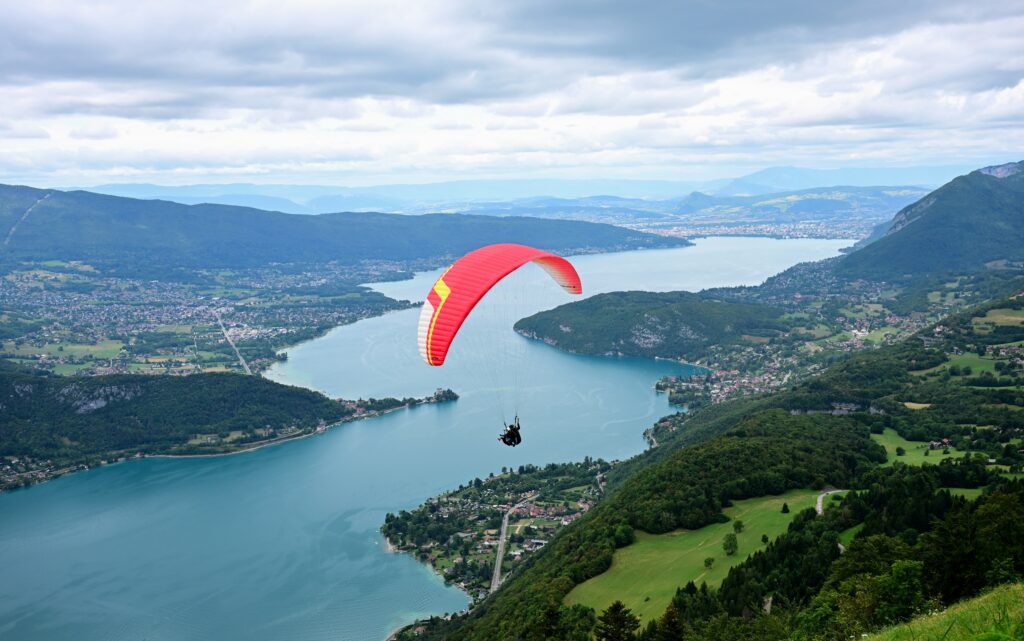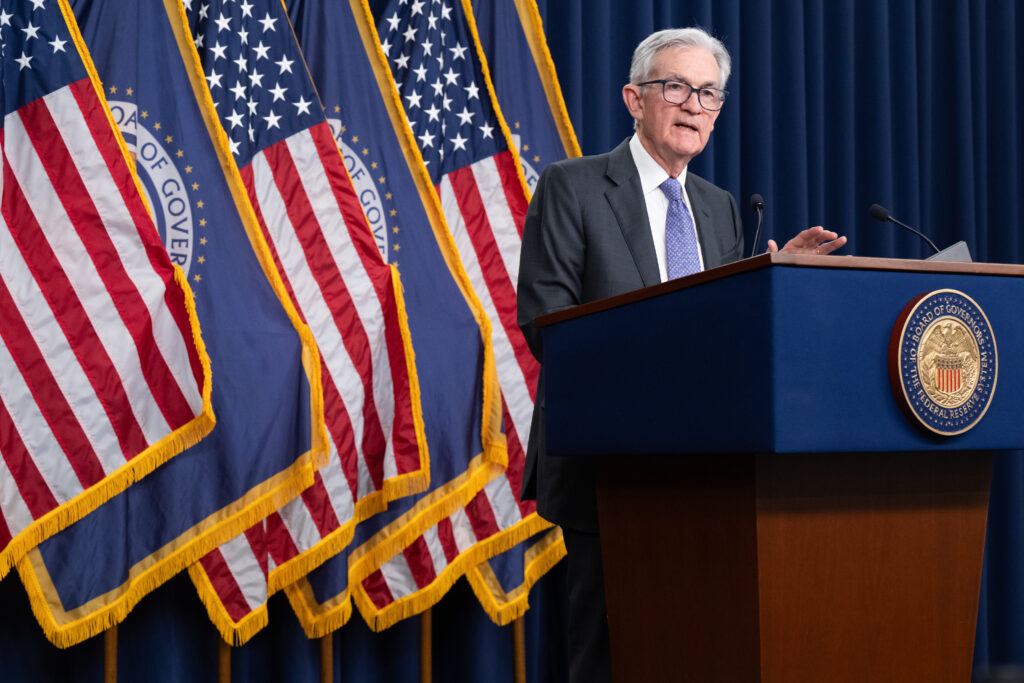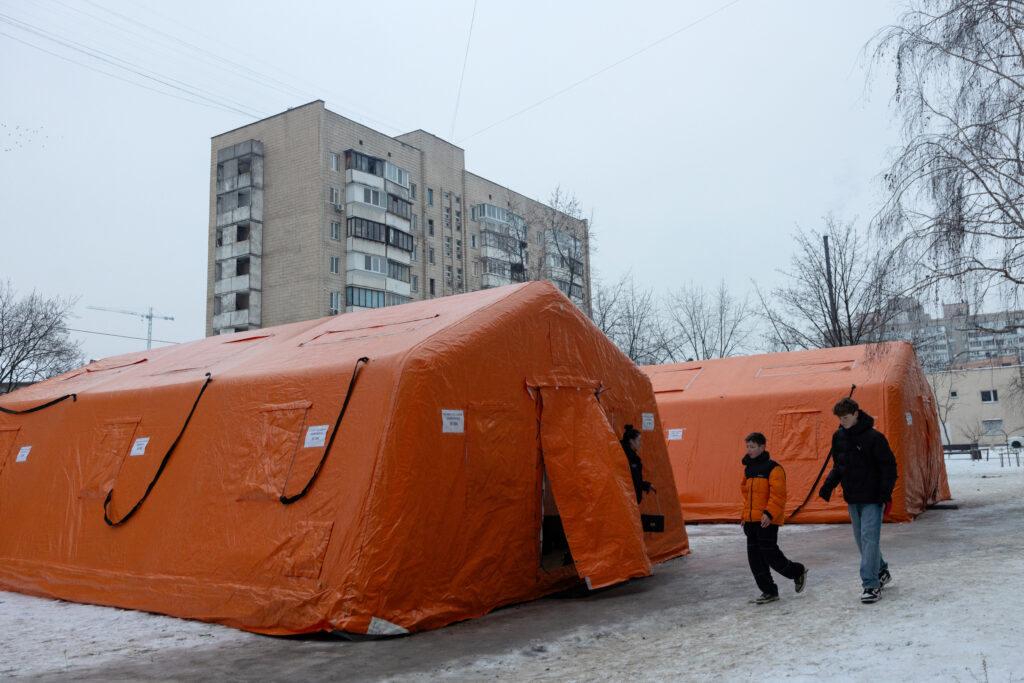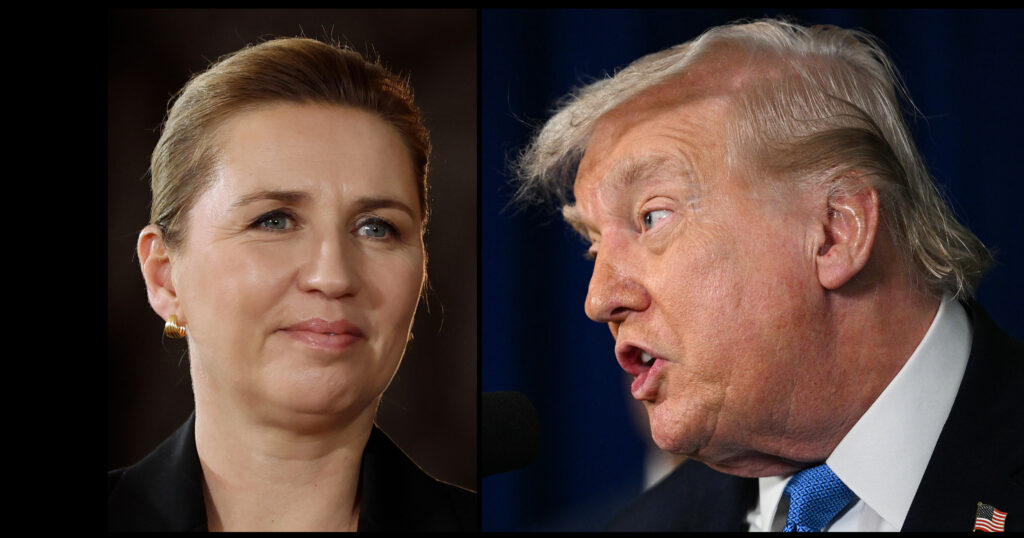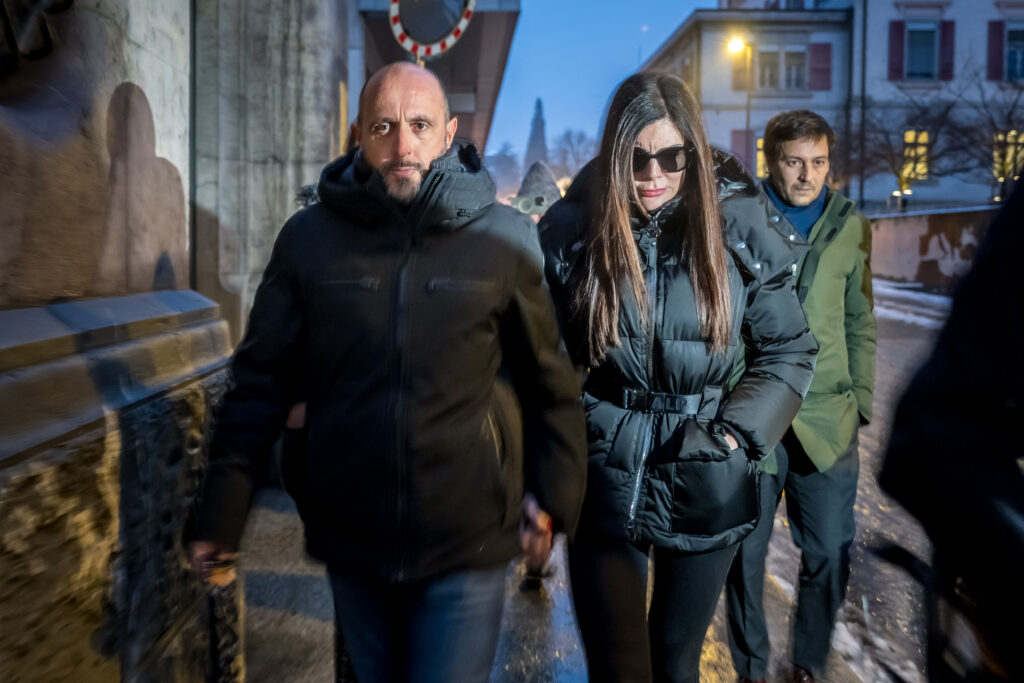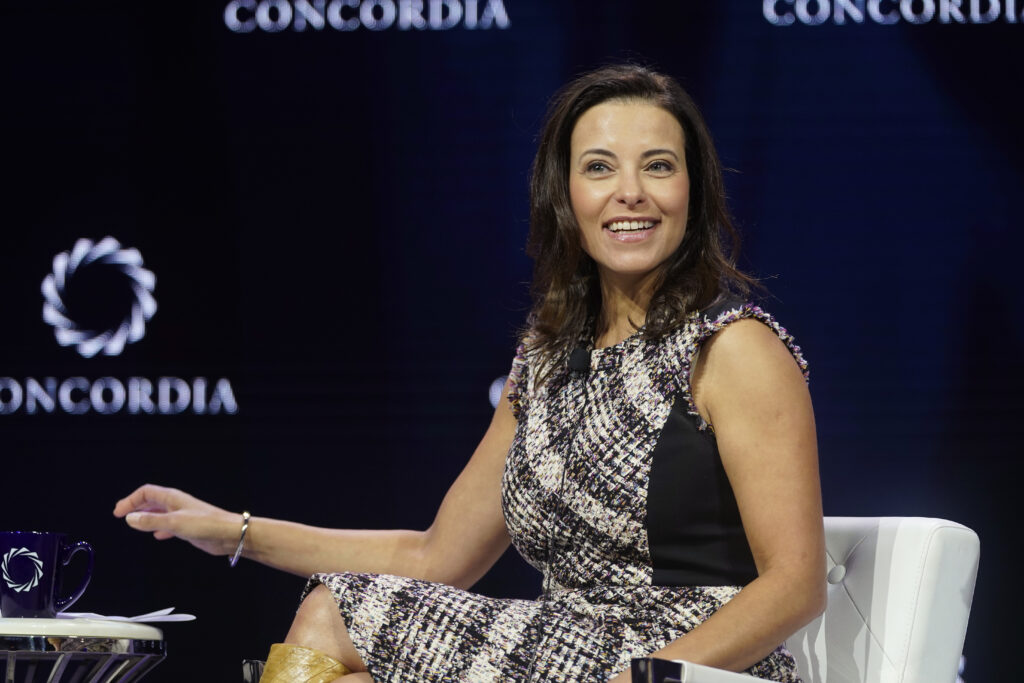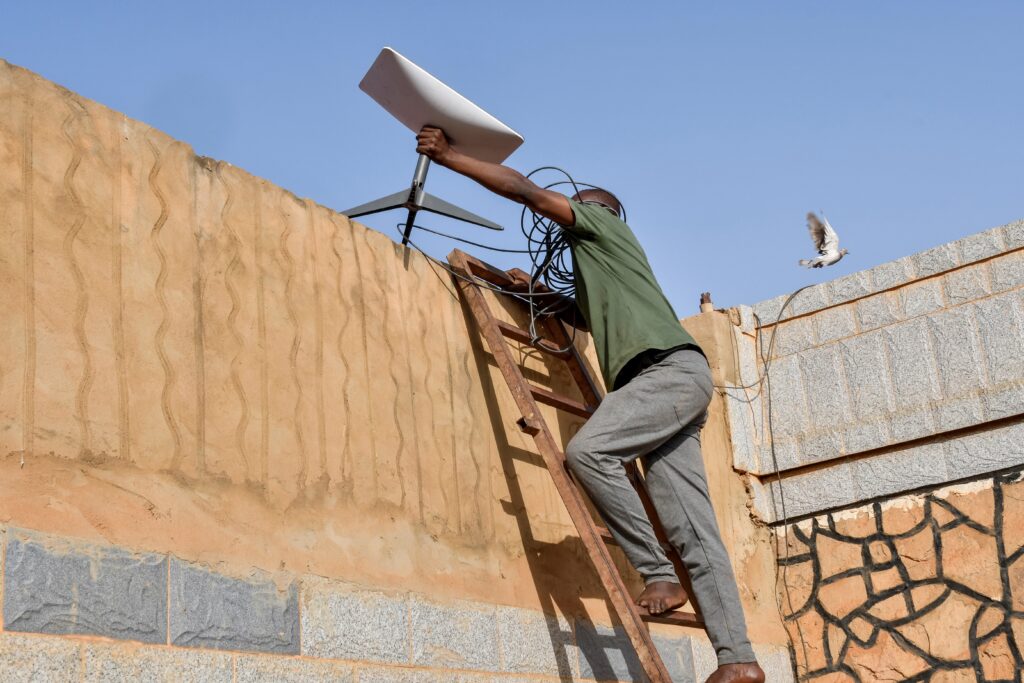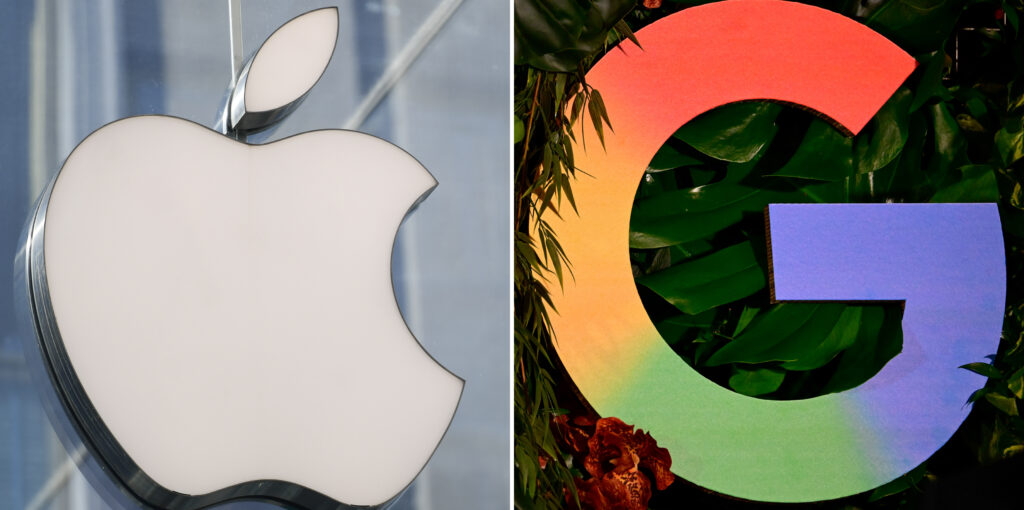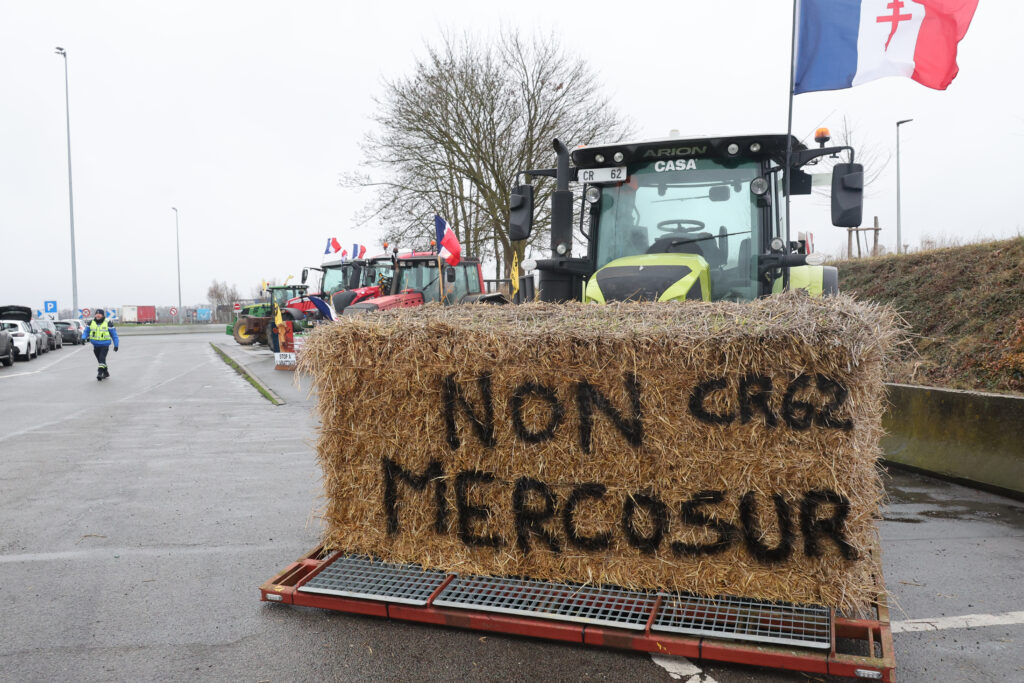Des substances toxiques d’usure de pneus en grande quantité dans le lac d’Annecy, selon une association
Des prélèvements réalisés dans le lac d’Annecy (Haute-Savoie) ont révélé une importante pollution aux microplastiques de pneus de voiture, avec des risques sévères pour la santé, a dénoncé lundi l’association France Nature Environnement en conférence de presse.Entre mars et avril 2025, une équipe de journalistes d’investigation scientifique de France 5 a prélevé des échantillons dans l’eau du lac en différents endroits, dans les sédiments, l’eau potable au robinet, l’air, et effectué des analyses d’urine de volontaires.”On retrouve la pollution des pneus partout dans le lac d’Annecy, partout dans l’air, dans les corps humains d’un tiers des personnes qui ont été testées. Et on en trouve un petit peu dans l’eau potable aussi”, a déclaré Anne Lassman-Trappier, présidente de France Nature Environnement (FNE) Haute-Savoie.Les particules présentes dans l’air étaient similaires à celles relevées à Paris ou d’autres grandes villes françaises, et des additifs présents dans les pneus ont été trouvés dans l’eau potable d’un local de pêche au bord du lac, selon les résultats révélés lundi en conférence de presse.Sur la rive ouest du lac, des niveaux de 6PPD et 6PPDQ, des substances toxiques pour les poissons et l’humain, ont été retrouvés à des niveaux similaires à ce que l’on peut trouver dans les rivières de Canton, au sud de la Chine, selon la même étude.”C’est vraiment une étude exploratoire”, a indiqué l’avocate en droit de l’environnement associée à l’équipe de France 5, Louise Tschanz, “mais c’est comparable au scandale des PFAS: c’est une pollution qui est très répandue, qui est omniprésente” et les connaissances scientifiques et sanitaires sont émergentes.Le maire écologiste d’Annecy François Astorg, qui a “salué le travail d’investigation”, a demandé “des études complémentaires”, portant sur “un échantillon de la population qui vit autour du lac”, selon un communiqué publié par la ville.Il a également demandé la constitution d’un comité de suivi sur cette pollution “sur le modèle de celui qui a été mis en place en Haute-Savoie au sujet des PFAS et des polluants éternels”, duquel la Ville d’Annecy fera partie.L’approvisionnement en eau potable de l’agglomération provient à 73% du lac, souligne le maire.Au pied des Alpes, le lac d’Annecy est réputé comme l’un des plus purs d’Europe, mais il est entouré par environ 40 kilomètres d’autoroute, où circulent près de 25.000 véhicules par jour.”Aujourd’hui, il n’y a pas de système pour filtrer les eaux pluviales, et donc les abrasions de pneus qui sont stockées sur les routes, à chaque fois qu’il y a un lessivage par des orages ou par la pluie, tout va dans le lac”, a expliqué Me Tschanz.Lorsque les véhicules roulent, l’abrasion des pneus émet 1.954 molécules différentes, dont 785 sont associées par l’Agence européenne des produits chimiques (ECHA) à des “risques sévères pour la santé humaine et ou l’environnement”, relève l’association.Parmi celles-ci, 14 sont mortelles par ingestion, 10 mortelles par contact cutané et 19 mortelles par inhalation, a souligné FNE durant la conférence de presse.Les échantillons ont été analysés par l’Institut norvégien pour la recherche sur l’eau (NIVA) et le laboratoire central de l’environnement de l’Ecole polytechnique fédérale de Lausanne (EPFL). Cette dernière estime que la poussière de pneus représente la principale source de contamination par les microplastiques (28%) dans l’océan, rapporte la FNE.
